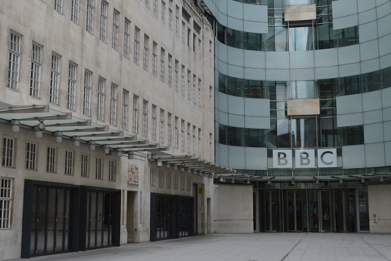Unable to reach agreement with the Thai government, the BBC World Service has not renewed its operating permit after 20 years of operations in the country.
The British Broadcasting Corporation (BBC) has recently announced the end of its shortwave transmissions in Thailand, reportedly due to unsuccessful negotiations.
The broadcasting contract was signed in 1994 and allowed the BBC to use the shortwave relay station in Nakhon Sawan for its World Service programming in the region.
However, the BBC was not able to reach an agreement to renew the contract at the end of December last year.
“Despite extensive negotiations, we have been unable to reach an agreement to recommence transmissions. Given the financial constraints faced by the whole of the BBC, we have reluctantly decided to shut the site,” the broadcaster explained in a statement.
The contract finished at the end of December, and broadcasting stopped on January 1.
However, according to Thailand’s Foreign Ministry, it was the BBC itself that decided to withdraw from the negotiations to extend the contract. According to the Bangkok Post, the BBC submitted a proposal for a contract extension on December 21, which left the local government with too little time to give it consideration and approve the draft.
According to the government, it had to suspend its transmission temporarily on January 1, while it considered the extension. But during the review period, on February 27, the BBC informed the Foreign Ministry that it withdrew from the negotiation process altogether.
The reasons for termination are still unclear, but the BBC had previously mentioned financial constraints. In addition, the Thai government had often criticised and launched investigations against the BBC’s Thai language service, as it often covered political news more openly than the local media, at times challenging the strict lèse-majesté laws of the country.
“We regret that we have not been able to reach an agreement with the Thai government, which would allow us to continue using this facility to bring accurate and impartial news to audiences in the region,” the BBC said. “We are continuing to develop other ways for people to access the BBC, including internet and mobile streaming, as well as FM radio and TV broadcasts.”
Neither the BBC or the Thai government have elaborated further on the matter.
Header image: Tim Loudon/Creative Commons
Related Posts
15th February 2017
Thai media organisations rally to oppose information bill
Media groups in Thailand protest…

